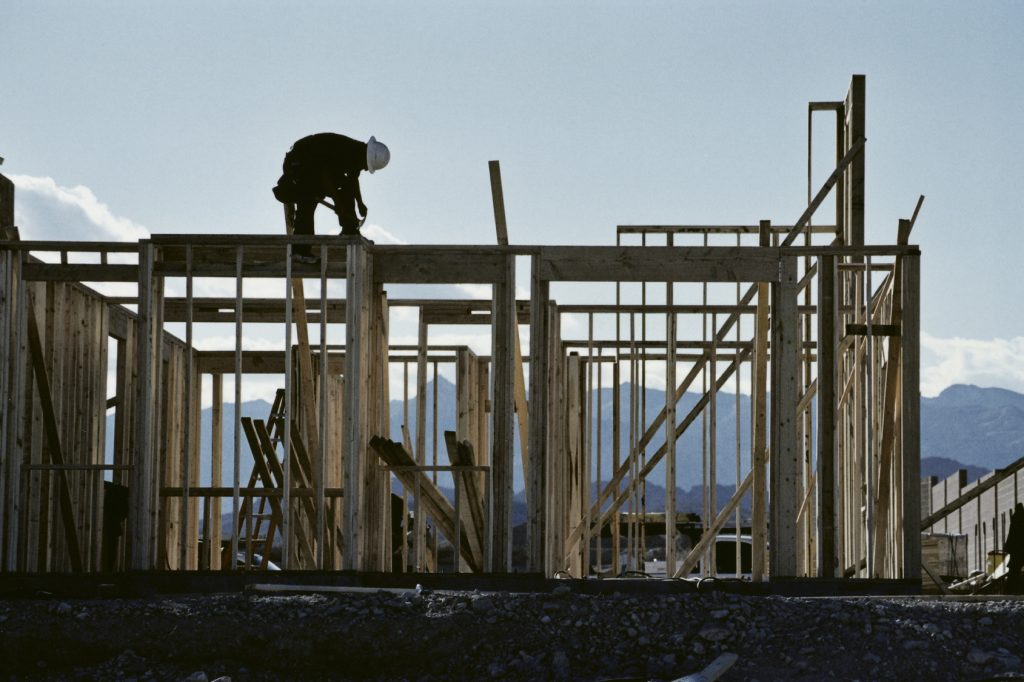
Public Law Update – Trial Court holds that Senate Bill 9 Does Not Apply to Charter Cities
Apr 29, 2024Senate Bill (“SB”) 9—which became effective on January 1, 2022—added sections 65852.21 and 66411.7 to the Government Code to require cities to ministerially approve lot splits and duplexes within single-family residential zone, with some exceptions. SB 9 allows up to four dwelling units where one primary dwelling unit was previously allowed with accessory dwellings units. The stated purpose of the law was to ensure access to affordable housing and it stated that it applied to charter cities.
Recently, a trial court considered a challenge brought by five charter cities—Torrance, Del Mar, Carson, Redondo Beach, and Whittier—against the application of SB 9 for violating the California Constitution. The lawsuit was filed against the California Attorney General and the State. The court ruled that SB 9 violated the California Constitution and, therefore, did not apply to these cities because SB 9 was not reasonably related to its stated purpose of ensuring affordable housing and not narrowly tailored to avoid interference with local government.
Charter cities have their own local constitution, or charter. The California Constitution permits charter cities to have authority over their own “municipal affairs” and bars the State from intervening in these affairs unless the issue is a “statewide concern.” This is known as the “Home Rule Doctrine.” The rest of the cities in California are “general law” cities, which operate under the general laws of the State. California courts have articulated a four-step inquiry to determine whether a State law violates the Home Rule Doctrine. First, courts determine whether the law regulates a municipal affair. Second, courts examine whether State and local law conflict. Third, courts decide whether the State law addresses a matter of “statewide concern.” Fourth, courts decide whether the law is reasonably related to the resolution of the statewide concern and whether the law is narrowly tailored to avoid unnecessary interference in local government.
Both the charter cities and the State agreed that municipal land use and zoning regulations are a municipal affair and that SB 9 regulates land use and zoning, satisfying the first two prongs of the test. The court then ruled that the “statewide concern” that the State was interested in addressing with SB 9 was in providing affordable housing. Courts have ruled that both providing affordable housing and increasing the housing supply in California are matters of statewide concern. The court, however, rejected the idea that SB 9 was intended to address the shortage of housing in California, because that was not explicitly stated in SB 9.
The State argued that “affordable housing” meant housing affordability at all income levels, while the charter cities argued that it meant below market-rate housing. The court sided with the charter cities’ argument, noting that SB 9 prohibited the demolition of units that are legally protected as affordable to low income persons. The court then ruled that SB 9 violated the California Constitution because it has an attenuated connection to its purpose of promoting affordable housing because it received no evidence from the State that SB 9 would increase the supply of affordable housing.
This is a trial court decision, so it is binding only on the charter cities that challenged SB 9 as part of the litigation. However, this is the first case that provides a court’s view on whether SB 9 applies to charter cities. Although the court has ruled in this case, it has not entered the ruling as its judgment. The State has 60 days to appeal the court’s decision from entry of the judgment and the State is likely to appeal the ruling once judgment has been entered given the significance of the trial court’s ruling. There may also be legislative action to specify that increasing the supply of affordable housing is another purpose of SB 9. Doing so would have the practical effect of undoing this decision. We will continue to monitor this case and provide future updates on any appellate court decisions, along with other SB 9 cases that work their way through the courts.
Attorneys at Burke regularly advise clients on legal matters related to land use and development projects, including Senate Bill 9.
All materials have been prepared for general information purposes only to permit you to learn more about our firm, our services and the experience of our attorneys. The information presented is not legal advice, is not to be acted on as such, may not be current and is subject to change without notice.


